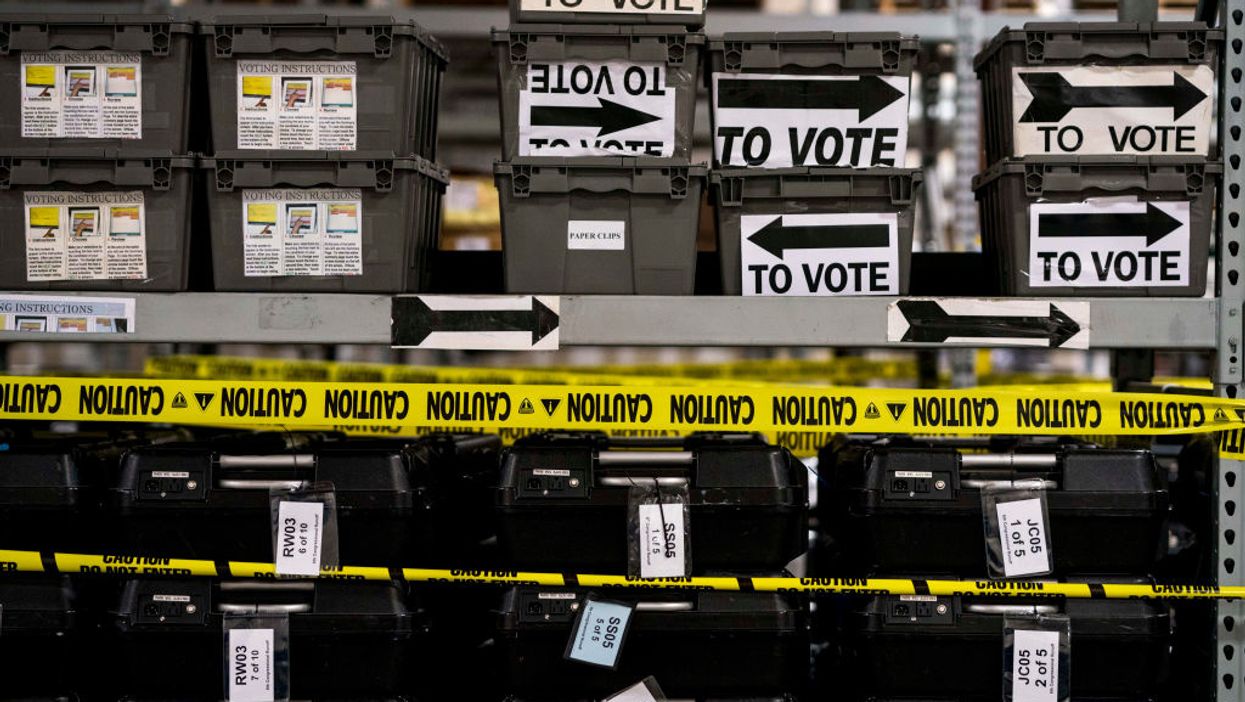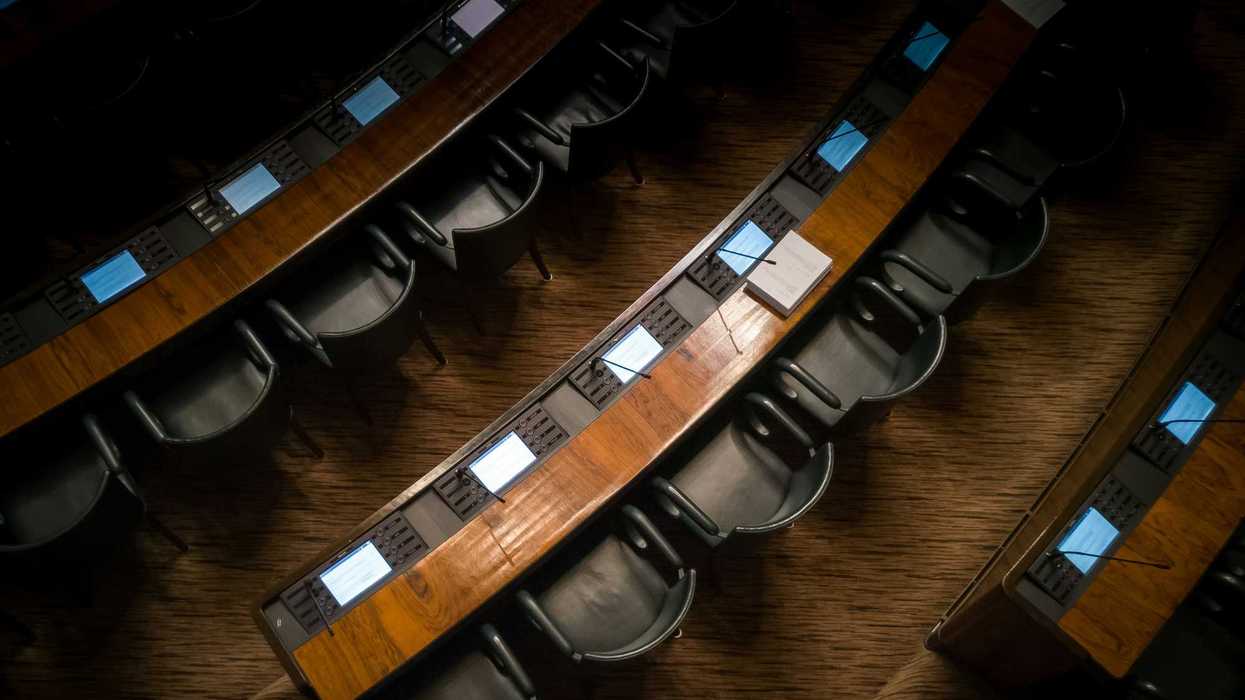A federal judge has dismissed a lawsuit seeking to delay Georgia's primary and make other changes to the election rules because of the coronavirus. But what's much more potentially significant is Judge Timothy Batten's reason: The issues raised in the case are political and there is no place for the judiciary to decide them.
Batten's ruling, issued earlier in the month but reaffirmed more forcefully on Tuesday, says the suit raises "nonjusticiable political questions." It is the same, unusual conclusion the Supreme Court reached a year ago in its landmark ruling that federal courts have no place refereeing the limits of partisanship in drawing legislative maps
But it is a wholly different approach than the one taken in a slew of lawsuits filed since the pandemic began, arguing that judges must relax voting regulations that unconstitutionally or illegally imperil the health of voters and poll workers.
In those cases, judges have considered the impact of state and federal laws in light of the current public health crisis by applying a legal balancing standard with ample precedent in voting rights cases. Under that approach, the potential infringement of a citizen's political rights is weighed against the government's interests in setting the rules.
The Georgia case was filed in April by the Coalition for Good Governance and several of its Georgia members against Republican Secretary of State Brad Raffensperger.
It called for delaying the June 9 primary by three weeks and also asked the court for a myriad of other changes including the use of paper ballots, curbside voting and protective equipment for poll workers.
In rejecting a request that he reconsider his initial decision, Batten wrote Tuesday that the problem with the case is "the utter absence of judicially manageable standards to determine the existence or extent of a violation and the appropriate remedy therefore."
Then he posed a series of questions for which, he said, there are no answers: "How early is too early for the election to be held in light of Covid-19? How many safeguards must be in place to protect those who choose to vote in person from the possibility of contracting Covid-19? What are those safeguards, and when is the implementation of an additional safeguard no longer necessary?"
Battan was chosen for the bench in Atlanta 14 years ago by President George W. Bush. For his rationale to have truly widespread impact, it would need to be embraced by the 11th Circuit Court of Appeals, which also reviews decisions from Alabama and Florida, and then the Supreme Court
But voting rights law expert Richard Hasen, a law professor at the University of California-Irvine, says "this move among conservative judges toward nonjusticiability of voting rights claims is especially worrying."
"The approach of the trial court in the Georgia case would essentially give states a free hand to pass legislation that favors incumbents or a political party and to discriminate against a voting minority in the state with no justification whatsoever," he posted on his blog Wednesday.





















